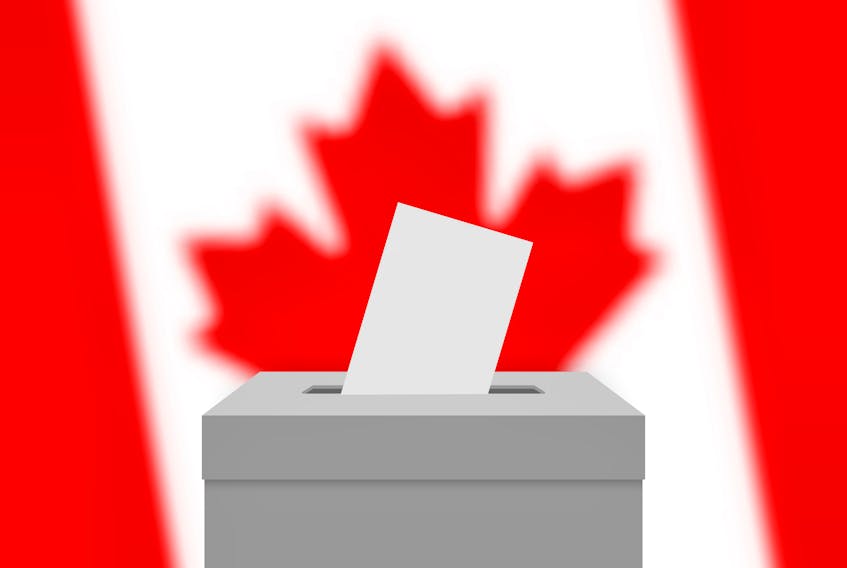
After a contentious and hard-fought election in October, the first session of the 43rd Parliament of Canada opens today in Ottawa. With a minority Liberal government elected, there will need to be real co-operation among the parties for anything to get accomplished and, in the weeks following the election, the various leaders have reduced the partisan rhetoric prevalent during the campaign and struck a more conciliatory tone.
Traditionally, minority governments tend not to last beyond two years but they can provide an opportunity for constructive legislation to be passed that reflects what is best for all Canadians because it requires multi-party support rather than the will of one party in a majority government. Whether this parliament will exercise this spirit of co-operation remains to be seen.
In the weeks leading up to today, the parties have announced the members who will be providing leadership roles during this parliament. The Liberals announced an expanded cabinet that has ballooned to 35 members and includes new departments that, frankly, are repetitive and whose intent is not clearly defined. The opposition Conservatives announced a shadow cabinet that includes an incredible 49 members that also appears to duplicate roles. Regardless of the expanding cabinet designations, what worries me most is the cabinet department that has been dropped from the last parliament, Democratic Reform, and this is something Canadians should raise with the two main parties.
For me, the biggest disappointment with the previous Liberal government was its failure to follow through with a promise that the 2015 election be the last conducted under the first-past-the-post system. The issue was barely raised during the campaign and to see the cabinet department dropped now is hugely disappointing.
The NDP has maintained a critic role for democratic reform, which is hopeful, but it will take the work of all parties to bring about change, not just the voices of the smallest parties in parliament.
The Liberals were able to offer lip service to electoral reform in the previous parliament because, as a majority, they controlled the agenda, but today, things have changed and the opinions of Canadians on this issue have also undergone a transformation.
The Liberals were able to offer lip service to electoral reform in the previous parliament because, as a majority, they controlled the agenda, but today, things have changed and the opinions of Canadians on this issue have also undergone a transformation."
A poll released by Angus Reid late in November revealed that Canadians are now ready and willing to make the change to a different way to form our governments based on proportional representation. Today, almost 70 per cent support this change, whereas when a similar poll was conducted in 2016, only 47 per cent supported it.
The poll revealed that support for this change is high among all of the parties, including Conservatives, who have traditionally been opposed to it; their support has surged from 28 per cent in 2016 to 69 per cent now, and the numbers supporting proportional representation have skyrocketed in Saskatchewan and Alberta. Support is strongest among NDP and Green supporters at over 80 per cent and for Liberals, support has risen from 49 per cent in 2016 to 55 per cent currently.
With a minority parliament, now is the time to push for this change. All of the parties are supporting it and it could help acknowledge the needs of the two Western provinces that are expressing feelings of alienation from Canada. It's probably the only issue now that all parties agree on — a situation that is exceedingly rare in Ottawa — and we can't let this chance slip by. If the leadership of the two major parties won't make it a priority, we as citizens need to raise our voices and demand that this parliament make the changes that we want, including making the switch to proportional representation so that all of our voices can continue to be heard and represented in future parliaments. With the potential for any minority government to fall if they lose a vote of confidence, now is the time for change; if you agree, don't wait to contact your member. For a short period of time, the power is in your hands.
Brian Hodder is an LGBTQ2 activist and works in the field of mental health and addictions. He can be reached at [email protected].









